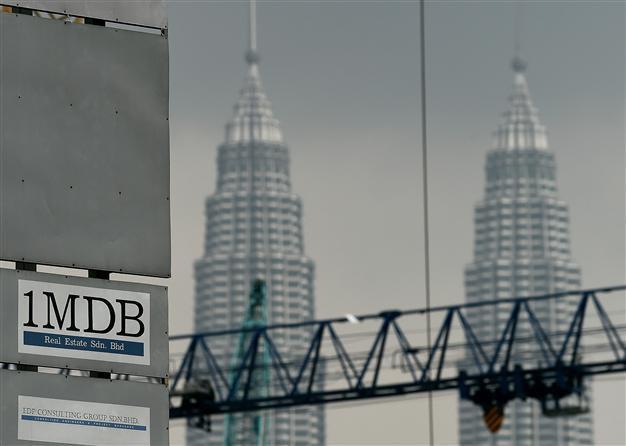Malaysia, Turkey set to boost trade with new deal
KUALA LUMPUR – Anadolu Agency

AFP Photo
Malaysia is heralding a Free Trade Agreement (FTA) with Turkey, which is due to come into effect next month, four months after it was inked between the two countries.International Trade and Industry Minister Mustapa Mohamed said in a statement July 16 the agreement will see exporters from Malaysia and Turkey able to enjoy preferential access for their products in each other’s countries immediately.
“Both Malaysia and Turkey will eliminate and bind duties on 70 percent of the tariff lines, upon entry into force of the pact,” the minister said. “After a period of eight years, duties will be reduced or eliminated for almost 86 percent of tariff lines.”
On other strategic products, including iron and steel, both countries will phase-out import duties in stages within an eight-year period, starting from the day the agreement enters into force.
Turkey will also eliminate all existing additional duties (ranging from 20 percent to 30 percent) on textiles, apparel and footwear, which currently affect more than a thousand tariff lines.
For palm oil and palm products, Turkey has offered a one-off duty reduction of 30 percent from the current Most Favored Nation rate (0 percent to 46.8 percent).
“Reduction of duties on these products essentially means that Malaysian palm oil and palm products are placed at a competitive advantage in the Turkish market, over similar products originating from other countries,” Mohamed said.
In 2014, the total trade between Malaysia and Turkey amounted to $969 million. Malaysia’s exports to Turkey totaled $752 million, while imports from Turkey amounted to $217 million.
Key exports to Turkey include textiles and clothing, chemicals and chemical products, palm oil, manufactured metal, rubber products and electrical and electronic (E&E) products, while imports include textiles and clothing, machinery appliances and parts, iron and steel products, chemicals and chemical products, other agriculture produce and E&E products.
“Malaysian exports that will benefit from immediate duty-free treatment in Turkey include selected textiles and apparel, E&E products, chemicals, iron and steel products, machineries, wood products, leather products and all rubber products,” he said, while urging Malaysian businesses in these sectors to ramp up their exports to Turkey.
During the signing of the FTA in April 2014, the prime ministers of Malaysia and Turkey set a target of $5 billion in total trade by 2020.
Mohamed said that he expected the FTA to facilitate the target.
Meanwhile, the deputy chairman of the Turkish Exporters’ Assembly, Süleyman Kocasert, told Anadolu Agency the FTA would contribute to the development of trade between the countries.
“It is safe to say that Turkey will have a positive effect on their trading volume with Malaysia,” Kocasert said.
He added that despite the distance between the countries, the deal could also benefit Turkish trade with other countries in the Southeast Asia and Pacific region which Malaysia had constant interaction with.
















